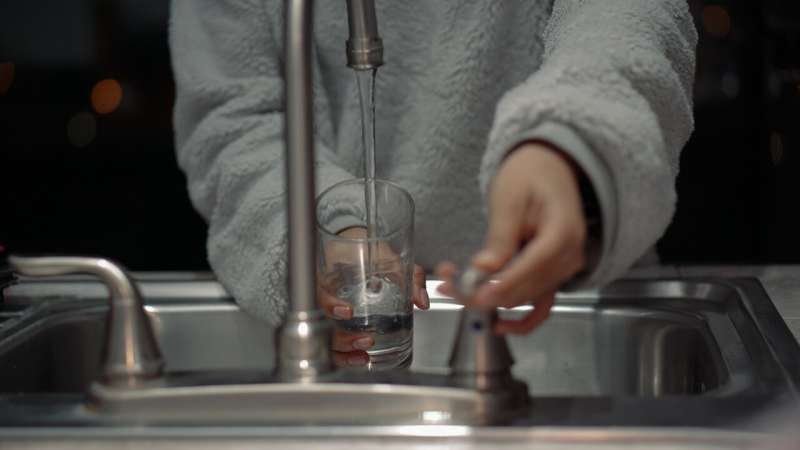This article has been reviewed according to Science X's editorial process and policies. Editors have highlighted the following attributes while ensuring the content's credibility:
fact-checked
peer-reviewed publication
proofread
Former EPA and NIEHS directors urge overhaul of WHO's draft PFAS drinking water guidance

The World Health Organization's draft drinking water guidance for the two most well-studied per- and polyfluoroalkyl substances (PFAS) exhibit a "striking and inappropriate disregard of the best available science," according to former directors of the U.S. EPA's Office of Science and Technology and the National Institute of Environmental Health Sciences (NIEHS).
In a viewpoint for the journal Environmental Science & Technology, Betsy Southerland and Linda Birnbaum strongly recommend the guidelines be "extensively revised" to adequately protect public health.
WHO's draft recommends a limit of 100 ppt for PFOS and PFOA in drinking water—a level 25 times higher than that recently proposed by the U.S. EPA. This wide gap could hamper federal and state efforts to enact the EPA's proposed standards.
The discrepancy between the two agency's guidelines is largely because WHO eschewed calculating health-based values in favor of technology-based values. As a result, WHO's draft ignores the large body of human and animal health studies—which contains robust evidence of cancer, liver damage, increased cholesterol, and immune system harms—to focus on remediation technology capabilities and costs. Moreover, the authors explain how the draft's technological basis appeared to be "arbitrary" with no specific evidence that these levels are the lowest that can be reliably achieved.
Today's article comes nearly six months after more than 100 scientists sent a letter to the WHO urging a complete overhaul or withdrawal of the draft guidance and requesting disclosure of its authorship and potential conflicts of interest. As a result of this letter and other calls for transparency, WHO published a list of contributors in January. However, it's unclear if this list is comprehensive. During the public comment period, WHO received 25 sets of comments but has not yet disclosed them or announced when the guidelines will be finalized.
More information: Elizabeth Southerland et al, What Limits Will the World Health Organization Recommend for PFOA and PFOS in Drinking Water? Environmental Science & Technology (2023). DOI: 10.1021/acs.est.3c02260
Journal information: Environmental Science & Technology
Provided by Green Science Policy Institute




















